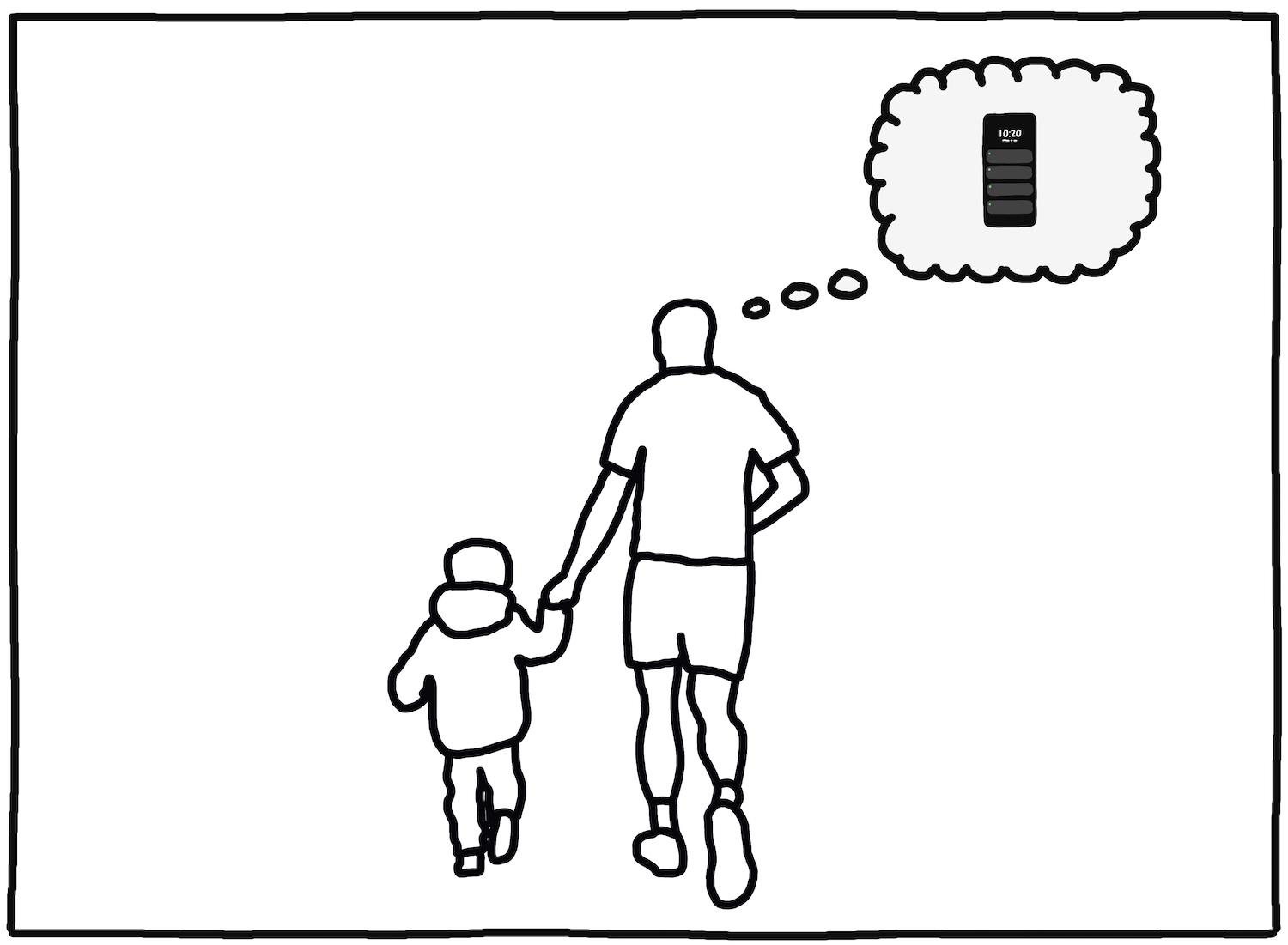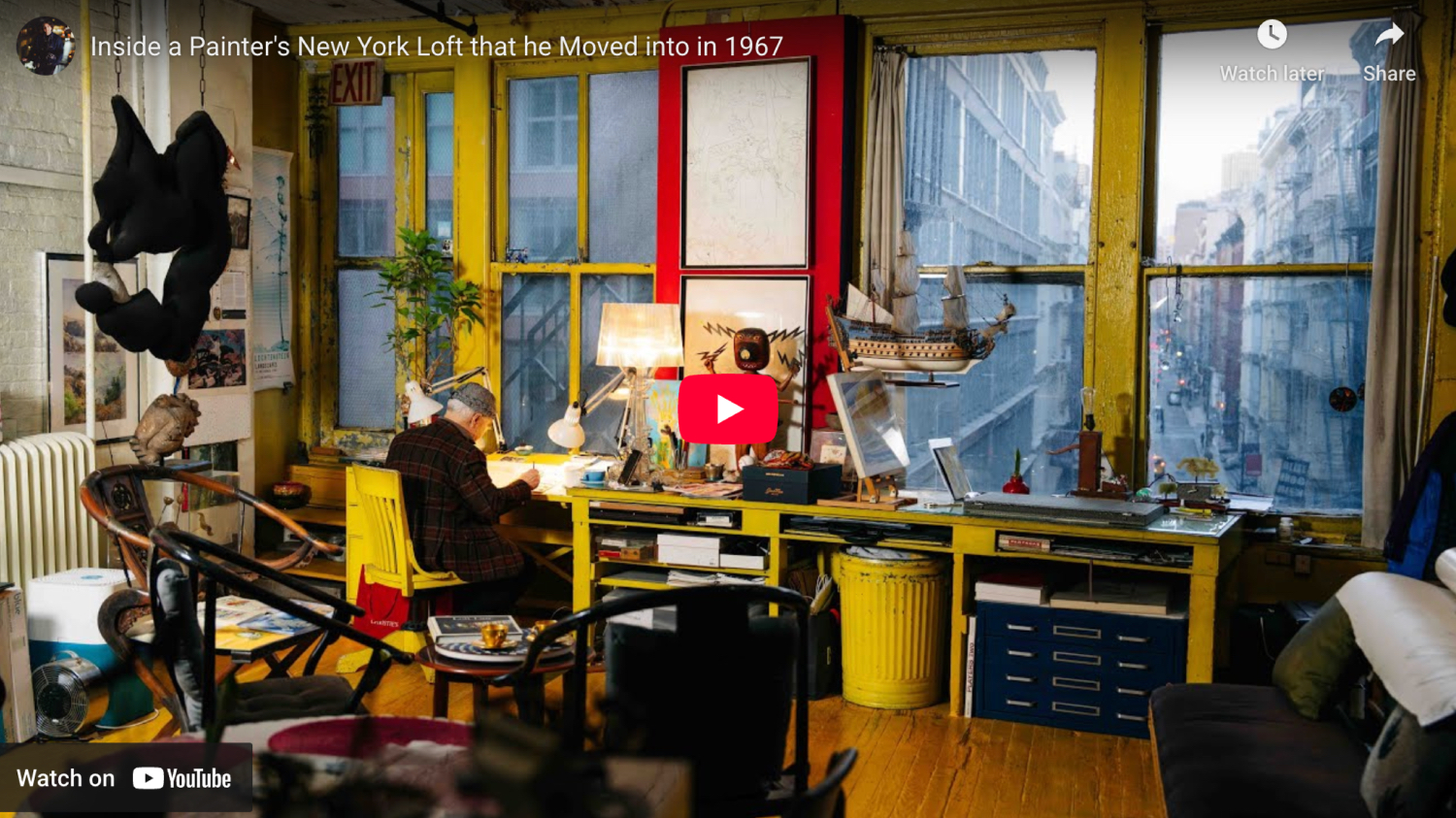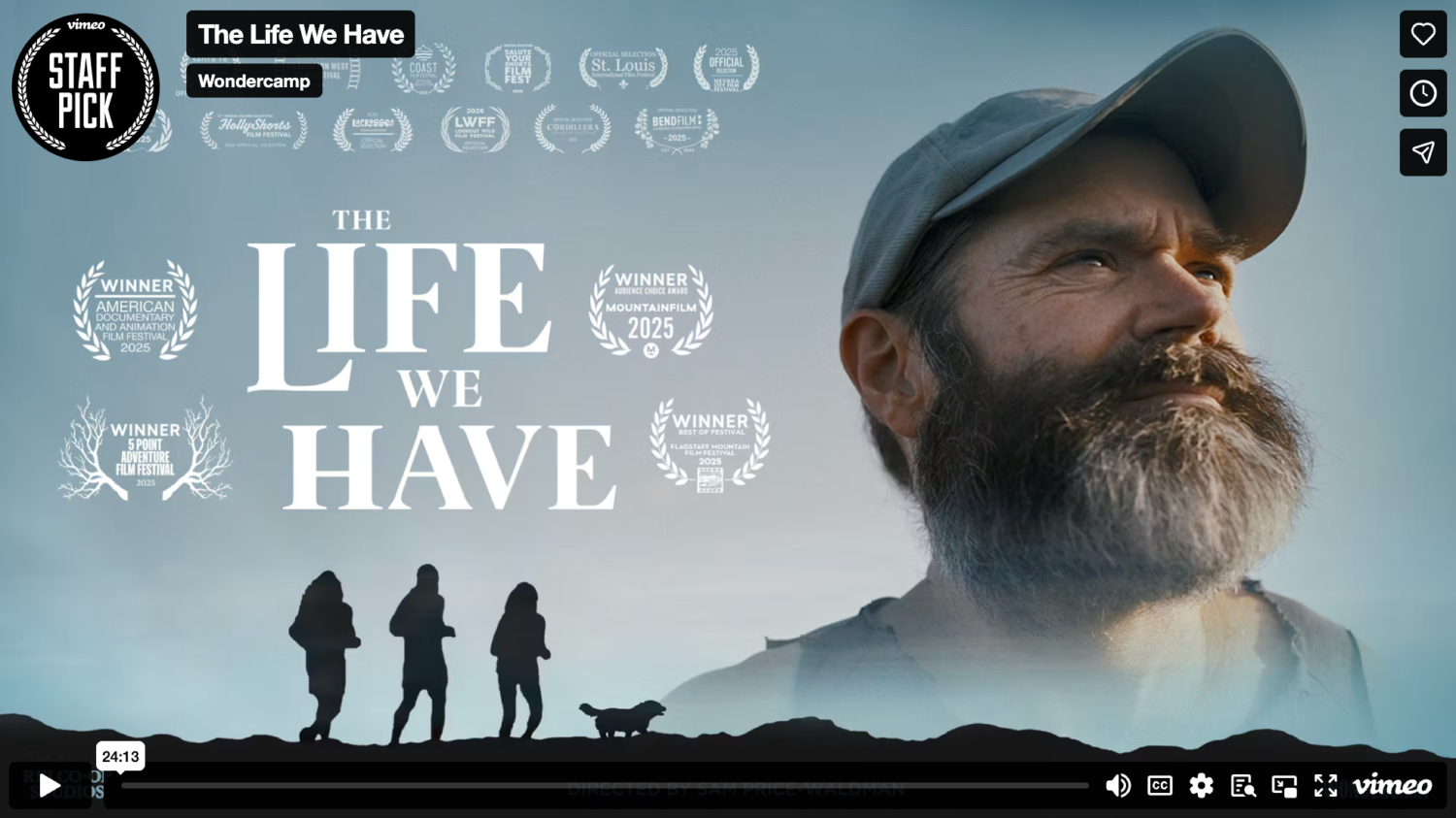The $5 Ending
|
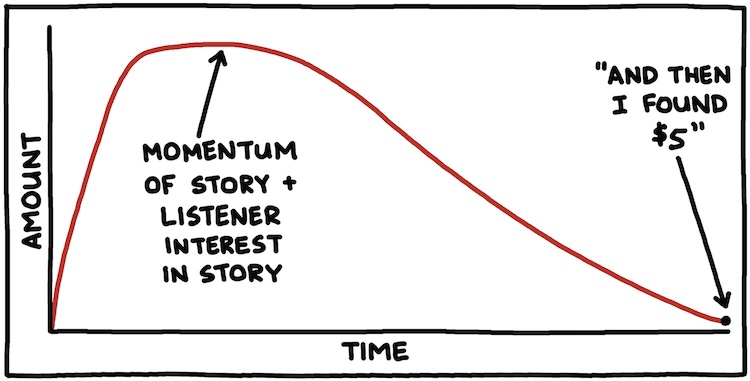 |
At this workshop, we do two sessions each day in which we talk about various aspects of writing a story, and between those two sessions, we go trail running. We dissect examples of essays about adventure, the outdoors and other topics (like The Summit by Susan Pope, Stop Telling Women Not To Go Into The Backcountry Alone by Krista Langlois, The Art of Apprehensive Adventuring by Meghan J. Ward, and The Pleasure And Pain Of The Climbing Life by Kelly Cordes) and of course I avoid using examples that employ the “and then I found five dollars” ending.
We discuss different types of endings—circling back to an opening scene, ending with a lesson learned, ending abruptly, ending ambiguously, ending with a question, ending with the absolute most lyrical sentence you can dream up—and how if the opening line of a story should, ideally, make the reader sit up and read, the ending will ideally make the reader sit back and think.
Throughout the week of the workshop, I try to remind the group (and myself) that my perspective is just one way of doing things, and it’s worked for me, but media is constantly changing, and other writers and creators have vastly different ways of telling stories, and vastly different perspectives, and although none of us can predict the future and what sorts of story formats might work five years from now, humans generally love stories, so keep writing, and like every other writer, you’ll figure it out as you go.
At the end of our workshop, we said our goodbyes, and I drove away from the Whitefish Bike Retreat with three students in my car, giving Kathy and Elizabeth a ride to the airport, and taking Kevin back to Missoula, where we both lived. The gravel road was a bit bumpy in spots, so I drove carefully, and scanned the road for the best line with the fewest potholes. In our four-way conversation, I was in the middle of saying something when I interrupted myself mid-sentence to say,
“There’s a five-dollar bill in the middle of the road.”
We all started laughing. I immediately stopped the car, and Kevin opened the passenger door, bolted out, walked ten steps back on the road, and returned with a five-dollar bill, folded into four sections. I think his urgency was less because it was free money, and more that we needed to verify that it was actually a five-dollar bill. Which it was.
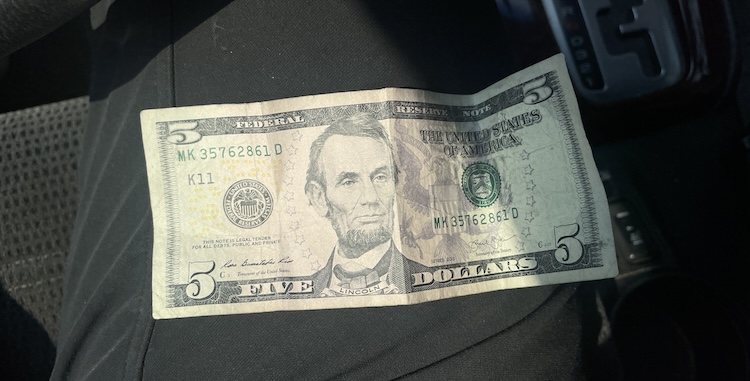 |
One of the things I enjoy about writing, and the creative process in general, is that you can begin without knowing if your idea is any good, or even if it will make any sense to anyone else, and in the actual working out of whatever it is, you find the direction, or the meaning, or the ending. This is what I hope to communicate to the participants every year I teach this workshop, so they can feel emboldened to continue on their creative journeys.
And like every other year, I tried to wrap things up by reminding them that writing workshops are great, but when you get home and back to your real life, that’s when the tough part begins: Finding time—and motivation—to write is more of a challenge, and you have to find ways to get re-inspired, and tactics to make yourself sit down and write even when you’re not feeling it.
With that, we packed up and parted ways, each of us taking the first steps to navigating the transition, jumping out of the supportive nest of other writers/readers and into the solitude of sitting in a room staring at a blank page.
And then I found five dollars.
--
If you enjoyed this piece, please consider supporting my work.
Semi-Rad
Writer, artist, filmmaker, columnist for Outside Magazine. My newsletter about creativity, adventure, and enthusiasm goes out to 15,000+ subscribers every week.
Having The Screen Time Of My Life From my aisle seat on our two-hour flight, I glanced over occasionally at the passenger across the aisle as she went from texting on her phone, to flipping down the tray table and watching a news commentary show on her ipad, to switching to playing a game on her ipad, then finally folding up the tray table and texting on her phone for the final descent, landing, and taxiing to the gate, never spending more than a few seconds without interacting with a screen....
Friday Inspiration 525 This film is about the Manhattan loft artist Jay Ells has lived in since 1967 (starting rent was $110 a month!), and he says some interesting stuff at the beginning (no hot water in the apartment for the first 35 years), but it gets even more fascinating later on. Also: That view. (video) At first I wasn’t going to include this, because I don’t know if it will resonate with anyone who doesn’t have nostalgia for the computers of the 1980s and early 1990s, but then I...
Friday Inspiration 524 I saw this film at Mountainfilm last May, and have been patiently waiting for it to show up online, as it was the most powerful thing I saw that weekend. Rob Shaver has been living with stage four cancer for 20 years, and he’s still running, with the help of his brother and his mom. I’ll just say that if you have time to watch it, it will affect you. (video) I loved this explainer of a very simple but important design concept that we probably don’t think about too...
